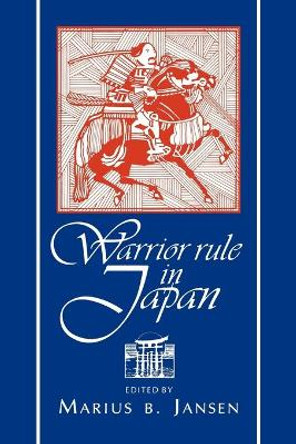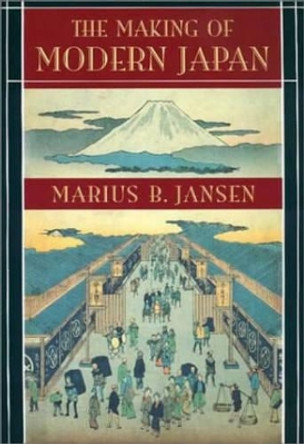This paperback edition brings together chapters from volume 5 of The Cambridge History of Japan. Japan underwent momentous changes during the middle decades of the nineteenth century. This book chronicles the hardships of the Tempo era in the 1830s, the crisis of values and confidence during the last half century of Tokugawa rule, and the political process that finally brought down the Tokugawa regime and ended centuries of warrior rule. It goes on to discuss the samurai rebellions against the Meiji Restoration, and national movements for constitutional government which indirectly resulted in the Meiji Constitution of 1889. The significance of Japan's Meiji transformation for the rest of the world is the subject of the final chapter, in which Professor Akira Iriye discusses Japan's drive to Great Power status. 'Constitutional rule at home, imperialism abroad', became new goals for early twentieth-century Japan.
This paperback edition of chapters from volume 5 of The Cambridge History of Japan describes the transition to Meiji rule.Reviews"...offers an incisive analysis of the immutable realtionship between foreign relations and domestic politics which transformed Japan from a modern nation state to an imperialist power between 1868 and 1912." Mark Lincicome, Journal of Asian History
Book InformationISBN 9780521484053
Author Marius B. JansenFormat Paperback
Page Count 368
Imprint Cambridge University PressPublisher Cambridge University Press
Weight(grams) 530g
Dimensions(mm) 233mm * 154mm * 20mm







